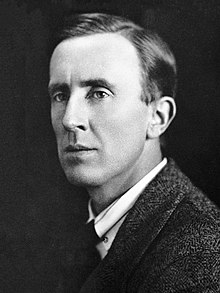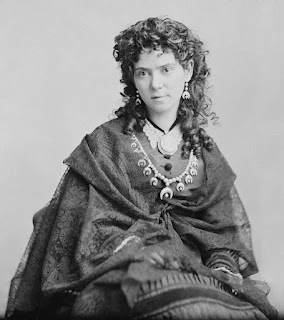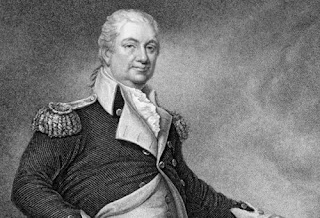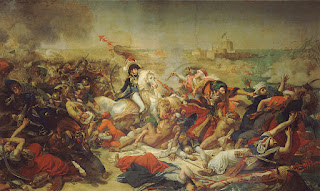On This Day July 30th
OTD July 30 is the 209th day of the year in the Gregorian calendar; 154 days remain until the end of the year. Events 762 – Baghdad is founded. 1609 – Beaver Wars: At Ticonderoga (now Crown Point, New York), Samuel de Champlain shoots and kills two Iroquois chiefs on behalf of his native allies. 1635 – Eighty Years' War: The Siege of Schenkenschans begins; Frederick Henry, Prince of Orange, begins the recapture of the strategically important fortress from the Spanish Army. 1676 – Nathaniel Bacon issues the "Declaration of the People of Virginia", beginning Bacon's Rebellion against the rule of Governor William Berkeley. 1866 – Armed Confederate veterans in New Orleans riot against a meeting of Radical Republicans, killing 48 people and injuring another 100. 1930 – In Montevideo, Uruguay wins the first FIFA World Cup. 1932 – Premiere of Walt Disney's Flowers and Trees, the first cartoon short to use Technicolor and the first Academy Award-winning cartoon short. 1







